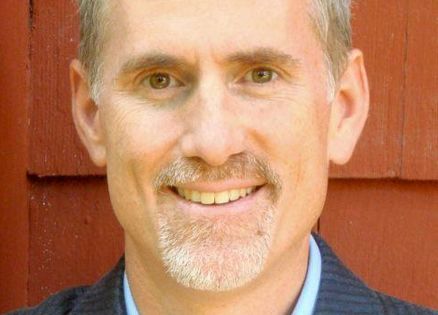Did you know that hope and listening are connected? I think on some level we all know that, but consider it a little further.
When training to be a counselor or therapist, one is told that listening is a chief skill to develop. First, it establishes trust with the client. Rushing in with insight or advice too soon or at the wrong moment can sabotage weeks of progress. Second, in a safe and supportive listening environment, clients can often work their way toward solutions. They end up finding them on their own, bringing deep relief and understanding. It gets back to that adage that you can’t learn anything unless you learn it on your own.
This spring’s issue of Weavings contains an article by E. Glenn Hinson that says, “To awaken others to the hope that is in them may be the greatest thing we can do for them.” Hinson relays the life and work of Douglas V. Steere, a twentieth century minister, and particularly his now hard-to-find book On Listening to Another.
In it, Steere writes, “To ‘listen’ another’s soul into a condition of disclosure and discovery may be almost the greatest service that any human being ever performs for another.” Hinson writes about awakening hope in others, and he draws on Steere, who uses the word listen as an active verb, denoting an action that can bring someone to a point of discovery.
Prayer is often like that. In seeking answers to our questions, we bring them to God, knowing that we are heard. It brings us hope and comfort, not just because we’re assured God is at our side, but also because through prayer we find solutions.
Think for a moment what you can do by listening. You are emulating what God does for each one of us. No matter the faults or inexperience of the person doing the talking, your ability to simply listen attentively accomplishes far more than you might realize. It offers a chance for discovery and hope, and all you are doing is paying attention.





